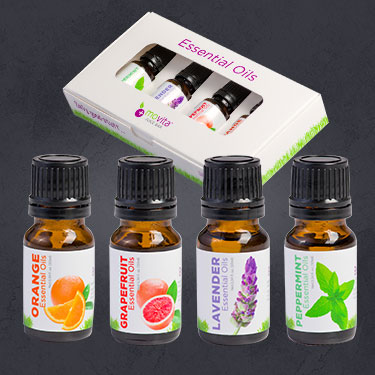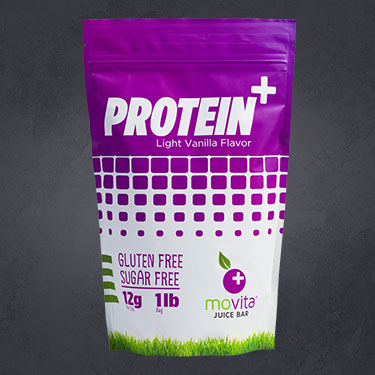
Alzheimer’s is the most common form of dementia, which is a general term for memory loss and decreased cognitive abilities that interfere with daily life. Alzheimer’s is a progressive disease that typically affects people over 65 years of age. While there is still much to learn about the cause of Alzheimer’s tends to develop due to multiple factors including age, genetics, environment, lifestyle, and coexisting medical conditions including high blood pressure, diabetes, and high cholesterol.
While research on the exact causes of Alzheimer’s and how to totally prevent this disease is inconclusive, studies show that regular physical activity and a healthy diet may help support brain health. These are the same lifestyle changes that also decrease risk of heart disease and diabetes, which reinforces the belief that an overall healthy lifestyle has a major impact on chronic disease.
So, how can you build an overall healthy lifestyle? From a dietary perspective, check out the three nutrition strategies below…
1. Oxidative stress can lead to cellular damage throughout the body, including possibly increasing the development of amyloid plaques that are found in the brain in people with Alzheimer’s disease. Important antioxidants that help reverse this damage include vitamins A, C, and E.
- Vegetables and fruit high in vitamin C include bell peppers, broccoli, collard greens, grapefruit, oranges, raspberries, blackberries, spinach, and strawberries.
- Vegetables and fruit high in vitamin A and beta-carotene include cantaloupe, carrots, collard greens, spinach, mango, and sweet potato.
- Vitamin E is found in spinach, broccoli, vegetable oils (like wheat germ, sunflower, and safflower oils) almonds, hazelnuts, and sunflower seeds.
- Brazil nuts are higher in selenium than any other food. Other good sources include tuna, herring, turkey, chicken, cottage cheese, spinach, and whole grains.
- Polyphenols are compounds that plants produce to protect themselves, and are found in higher amounts in grapes, apples, pears, cherries, and berries.
2. B vitamins including folic acid, B6, and B12 have been shown to limit oxidative stress and also help protein forming acids.
- Folate is found in asparagus, Brussels sprouts, spinach, mustard greens, oranges, peanuts, black-eyed peas and kidney beans. Whole grains naturally are a good source of folate, and folate is also added to most grain products, including bread and cereals.
- Vitamin B6 is found in chickpeas, tuna, salmon, chicken, turkey, potatoes and bananas.
- Vitamin B12 is found only in animal products, including seafood, poultry, meat, eggs and milk.
3. The types of fats we consume play an important role in cardiovascular health, and possibly also in Alzheimer’s disease. While total fat consumption is not associated with increased risk of Alzheimer’s, consuming foods that are higher in saturated fat and lower in monounsaturated fat is strongly associated with worse cognitive function.
- Foods high in monounsaturated fat include olive oil, peanut oil, canola oil, safflower oil, avocado, nuts, and seeds.
- Foods high in saturated fat (and thus foods to avoid) include red meat, lamb, pork, poultry with skin, cream, butter, cheese, full-fat milk and yogurt, and many processed and commercially-fried foods.
- Now, what does this mean in terms of the foods that we eat on a daily basis?
Consuming more of these four types of foods will increase your intake of anti-oxidative nutrients and healthy types of fat for overall improved health as well as potentially decreasing your risk of Alzheimer’s disease:
1. Seafood, especially salmon, herring, tuna and sardines, is high in omega-3 fatty acids.
2. Vegetables and fruit are high in a variety of antioxidative nutrients and naturally low in saturated fat. Eating a variety of colors of vegetables and fruit provides a wider range of antioxidants. Here are a few examples…
- Red: tomatoes, red bell peppers, watermelon, cherries
- Green: cabbage, spinach, kiwi
- Yellow/orange: carrots, oranges, yellow bell peppers
- Purple/blue: purple cabbage, blueberries, eggplant
- Brown/white: onions, garlic, bananas
3. Milk and yogurt are good sources of vitamin D, phosphorus and magnesium that may reduce the risk of developing dementia.
4. Choose healthier types of oils, including olive oil, canola oil, and safflower oil and use these sparingly since all types of oils and fats are high in calories.
DISCLAIMER: These statements have not been evaluated by the FDA. The information is for informational purposes and is not intended to treat, diagnose or cure any illness. Consult a physician before taking any action.
Want to contribute great content?
We are looking for contributors provide our readers with great healthy content to encourage positive living. If you're interested in becoming a contributor pease email us at blog@movitajuicebar.com



